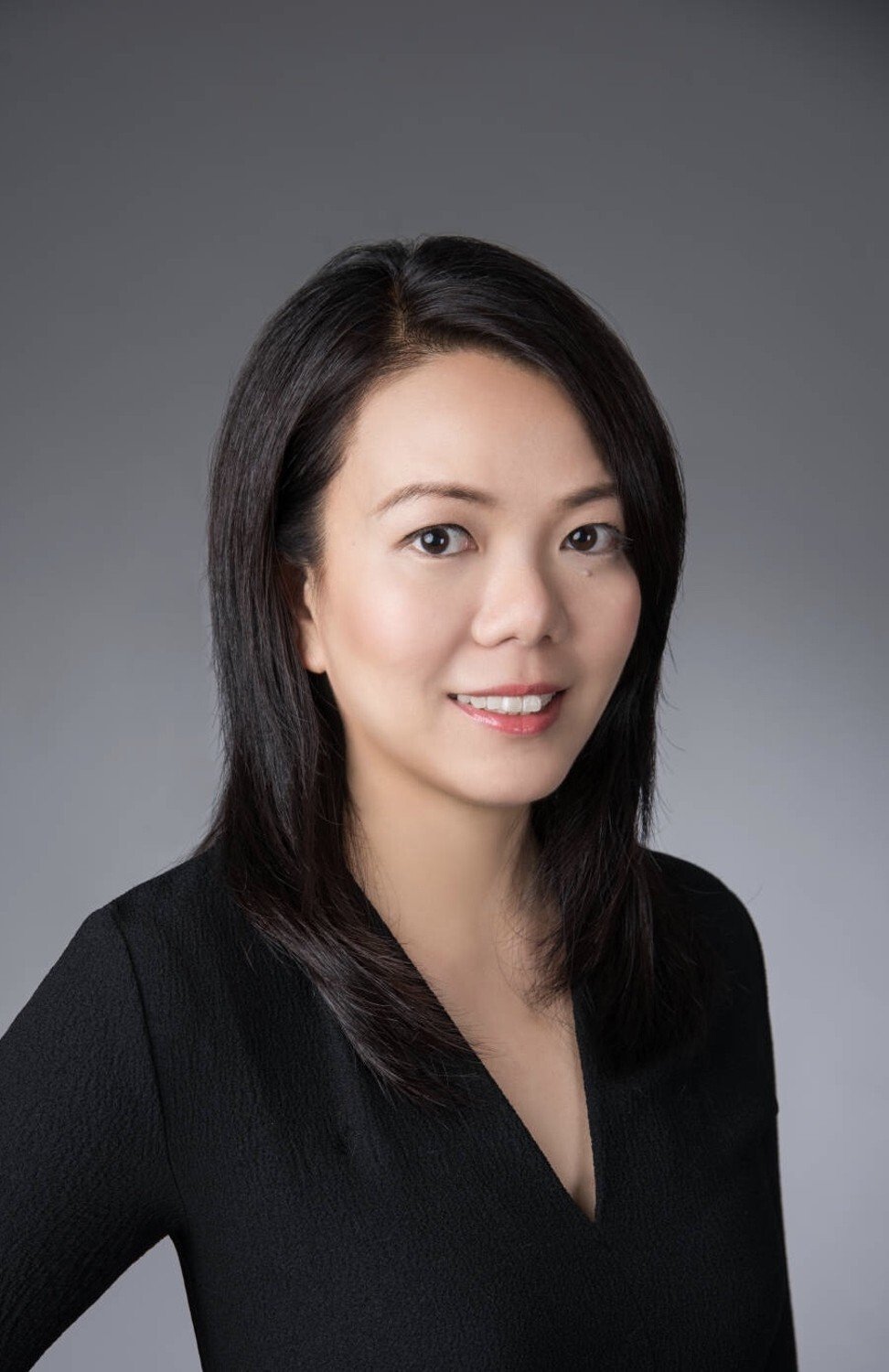
Breast cancer awareness month: a young survivor on the importance of healthy living and early detection
- Annie Lee saw a doctor after finding a lump on her breast and was diagnosed with stage 2 breast cancer. She was just 31 years old
- The investment banker was shocked to discover that her unhealthy lifestyle and stress were risk factors for breast cancer
It took a lump discovered during a shower for Annie Lee On-nei to see a doctor in mid-2015. An ultrasound, mammogram and biopsy followed. A stock trader at an investment bank, Lee did not suspect a cancerous growth; she was just 31 at the time. She went back to the doctor alone to learn the biopsy result.
Breast cancer is the most common cancer to afflict Hong Kong women. The Hong Kong Cancer Registry recorded 4,373 cases of invasive breast cancer in 2017, an increase of 6.5 per cent from the previous year’s 4,108 cases. The median age of sufferers is 57.
With no family history of the illness, Lee was stunned by the biopsy result. She knew hers was not a particularly healthy lifestyle. A confessed workaholic, she began work at 8am and sometimes left the office at 11pm. She eschewed exercise and was a fan of chocolate, fast food including burgers, and potato chips.

“When stressed, you really want to eat something bad for your body,” she says.
The millennial was unaware that lack of physical activity, stressful living and a poor diet were risk factors for breast cancer. Nor did she realise that having dense breasts – more common in Asian women – also put her at a higher risk for the disease.
Hi-tech iTBra a breakthrough for Asian women at high risk of breast cancer
“When you’re young, you won’t think you’ll have cancer, but now I know no matter how young, you are [vulnerable],” she says.
Cases like Lee’s are common, says Dr Yvonne Tsang Yee Yan, a Hong Kong specialist in general surgery. She says among all breast cancer cases, hereditary cancer constitutes only 10 to 15 per cent of cases. She suspects risk factors such as a lack of exercise, stressful living and smoking are contributing to the rising number of cases.

“There are studies that show dense breasts carry a higher risk of breast cancer, but we don’t know the reason behind this,” said Tsang. Dense breasts have more dense tissue than fatty tissue.
Regardless of breast density, treatments are generally the same for breast cancer patients. For the next nine months, Lee underwent chemotherapy, surgery and radiation therapy.
Vital to her recovery was the support and free services of the Hong Kong Cancer Fund, including its You Can programme for 18- to 39-year-old cancer patients.
Breast cancer: how self-examinations and mammogram can help save your life
Conceived in 2011, the programme offers services aimed at addressing challenges young patients face, such as juggling multiple obligations including family and work commitments, increased concerns about self-image, intimacy and relationships, according to Kannie Lam Chui-yin, HKCF’s assistant services officer.
The programme’s attendance has been growing – up 23 per cent at 1,183 participants in 2019, compared to 964 participants the previous year – which Lam attributes to more young adults developing cancer in Hong Kong. “There are also not many services that support this age group,” adds Lam.
Lee took up hiking, Pilates, golf, dance classes and more from this young adult service, all while gaining support from survivors and others in the process. Her favourite sessions include a sexy dance class involving chairs and hip rotation movements that enable participants to express their femininity and feel body confident.
The breasts: from nipples to nursing, everything you need to know
Lee also benefited from her company’s support, as staff were accommodating during her crisis. “‘No need to worry, we are here, so take your leave,’ they told me,” says Lee. She knew she could return to her job after nine months of unpaid leave for treatment.
When she resumed work, in the initial months she battled fatigue. So her boss shortened her workdays to let Lee cope during the transition. “He didn’t tell me to work longer hours. When I felt ready, I told him ‘I am ready now,’” she says.
After her life-threatening experience, Lee changed her life. She now exercises three times a week and uses fitness to combat stress. Last year, she picked up Thai boxing and does this weekly, and has begun a yoga practice. She also jogs with her husband regularly around her neighbourhood in Pok Fu Lam.

Prioritise health and balance obligations in life, she says. “Don’t trade your health for wealth, it’s a bad deal.”
Early detection means a high chance of beating this illness. Tsang cites the Hong Kong Breast Cancer Foundation’s five-year survival rate of 97.5 per cent for a stage 1 diagnosis, according to research from the Hong Kong Cancer Registry and the University of Hong Kong.
“Women of all ages should have a breast self-examination every month, within a week after their periods,” advises Tsang. Younger women with symptoms should have an ultrasound, and seek their doctor’s advice on whether to have a mammogram.
The benefits of meditation and yoga for cancer patients
Five breast cancer symptoms to look out for
The Hong Kong Cancer Fund lists five signs you may have breast cancer:
A lump, lumpiness or thickening in your breast
Changes in the skin, such as puckering, dimpling or a rash
New and persistent discomfort or pain in the breasts or armpit
Change in the shape or size of a breast
Discharge from a nipple, nipple rash or a change in the nipple’s shape
See your doctor if you experience these changes. Early detection saves lives.
For more information about HKCF’s Pink Revolution campaign, visit cancer-fund.org/pink

